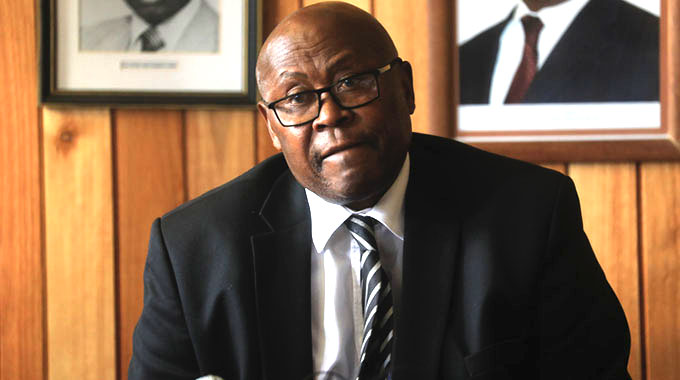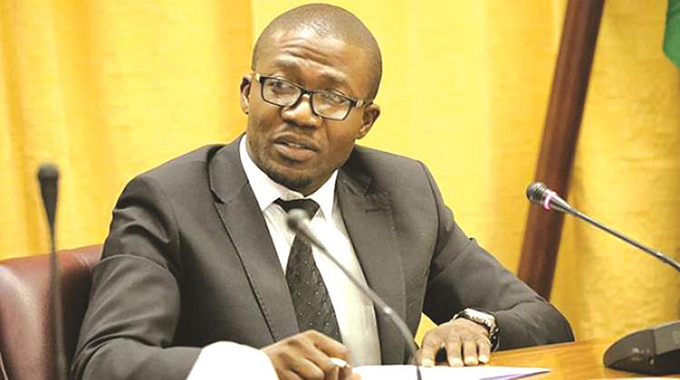JUST IN: Commercialisation of practical subjects on the cards

Mukudzei Chingwere
Herald Reporter
Government is planning to commercialise teaching of practical subjects in schools as part of fostering economic self-sustenance.
Most schools teach practical subjects like agriculture, woodwork, metal work, building, fashion and fabrics, Government now wants a two-pronged approach aimed at profit making and academic excellence.
The agriculture sector is expected to be a key enabler in line with Government policies, which are designed to transform the country into an upper middle income society by 2030.
Announcing the model, Primary and Secondary Education Minister Ambassador Cain Mathema said: “All public schools have enough land to venture into commercial agriculture.”
“Schools should now venture into commercial agriculture because all public schools have the land to do that. This is the vision, which is in line with Government’s efforts of achieving an upper middle income economy by 2030.
“Subjects like metal work and woodwork are part of the manufacturing sector which needs to be done commercially in schools. For example, schools in Bulawayo alone have the capacity to revive the industrial hub in Bulawayo.”
He said countries like Japan who had famous industries renowned for training children in technical skills in subjects like engineering from a tender age.
“Some schools are manufacturing personal protective equipment against Covid-19. If some schools are sewing their own uniforms, I do not see why it cannot be done profitably,” noted Ambassador Mathema.
Minister Mathema said Government had already put shoulders to the wheel in terms of implementation with measurable timeframes already in place.
“In some instances, schools must engage investors, and I can tell you that there are companies who have engaged me with a view of partnering some schools in certain projects.
“Profits from these projects should go towards school fees. Education must be free. It must also cater for the accommodation of teachers and the uniform of learners.
“All children have the right to education and our immediate target for December 2021 is parents should not pay exam fees for public exams. It should be funded by the profits from their projects,” said Mathema.
National Association of Secondary Heads (NASH) president Mr Arthur Maposa said schools had always envisaged a profit making model but the vision for most schools had been curtailed by lack of funding.
“This is a very good model and we are willing to adopt it. The whole idea really is education with production. That is where the world is going.”
“The problem is the implements to start. We do not have the financial capacity but if we could be supported we can be very productive and we are willing to incorporate the model and we have the human resources to drive this model.
National Association of Primary Heads (NAPH) president Mrs Cynthia Khumalo said for some urban schools, commercial agriculture was difficult.
“If the model for commercial activity is supported by the Government, schools can do it successfully. But these issues I cannot comment on as an individual. We need to discuss with other headmasters then we come with a position on how we cumulatively see the model,” said Mrs Khumalo.
However, some projects, which did involve crop cultivation and keeping of livestock did not need vast areas of land.









Comments